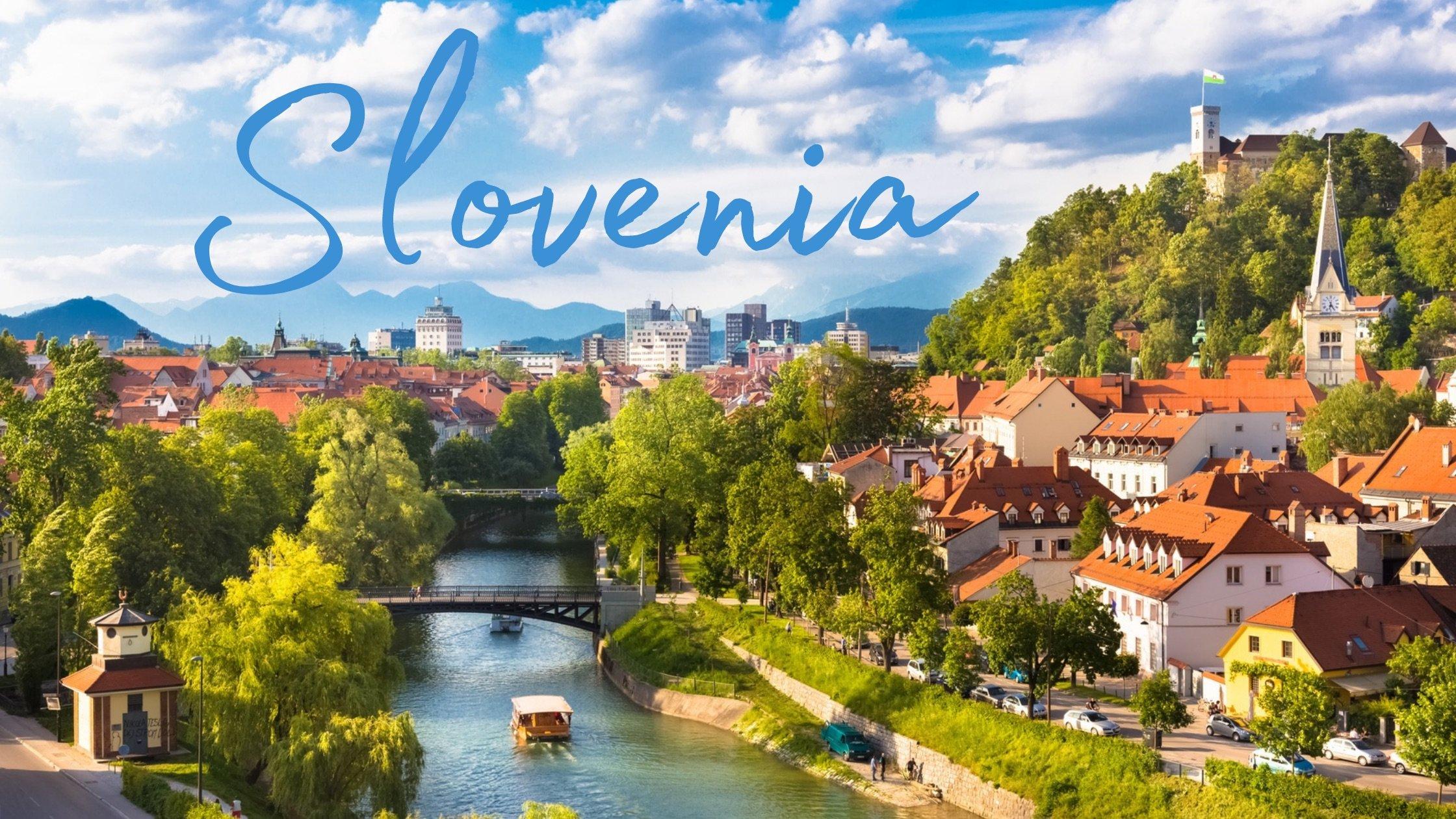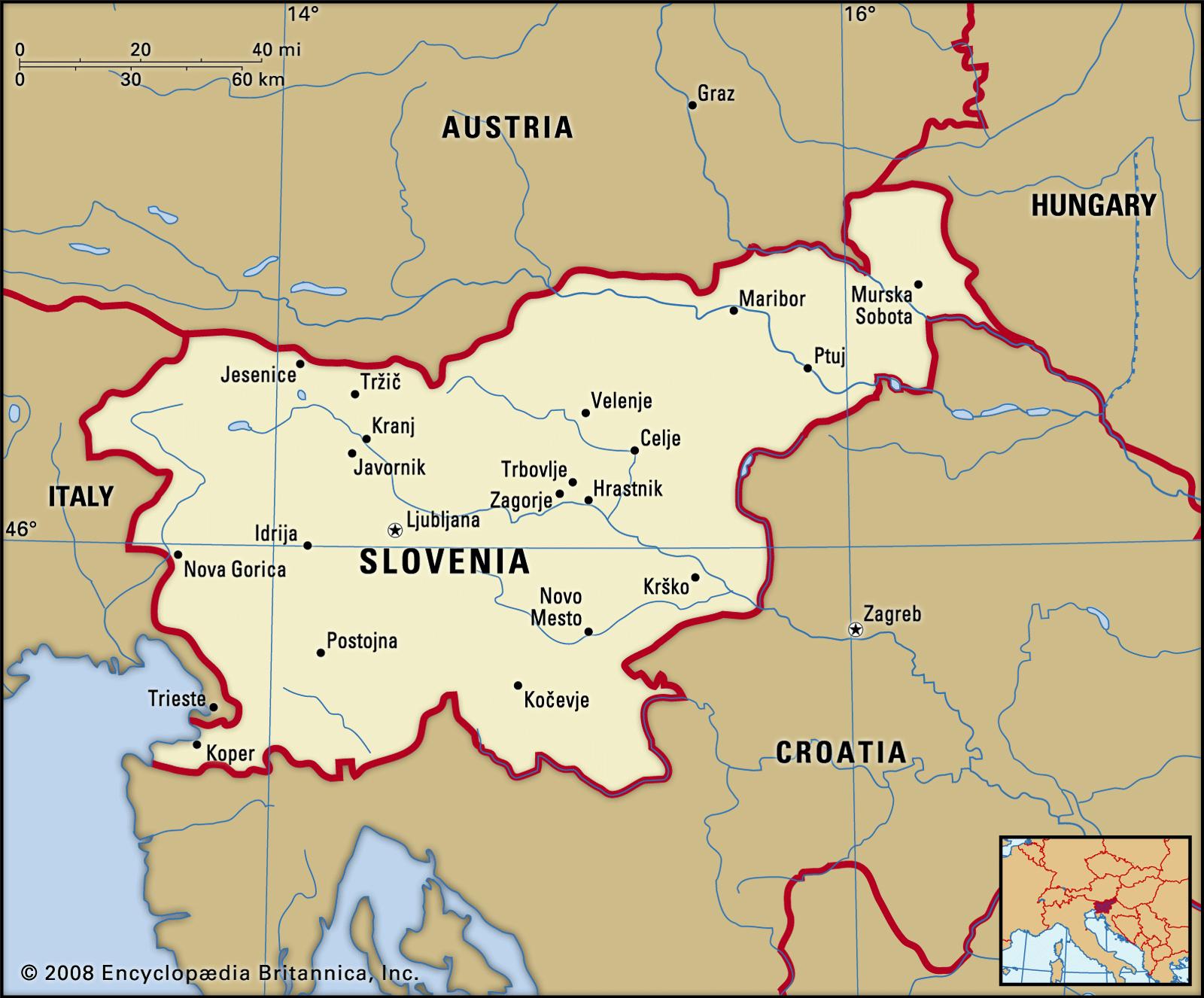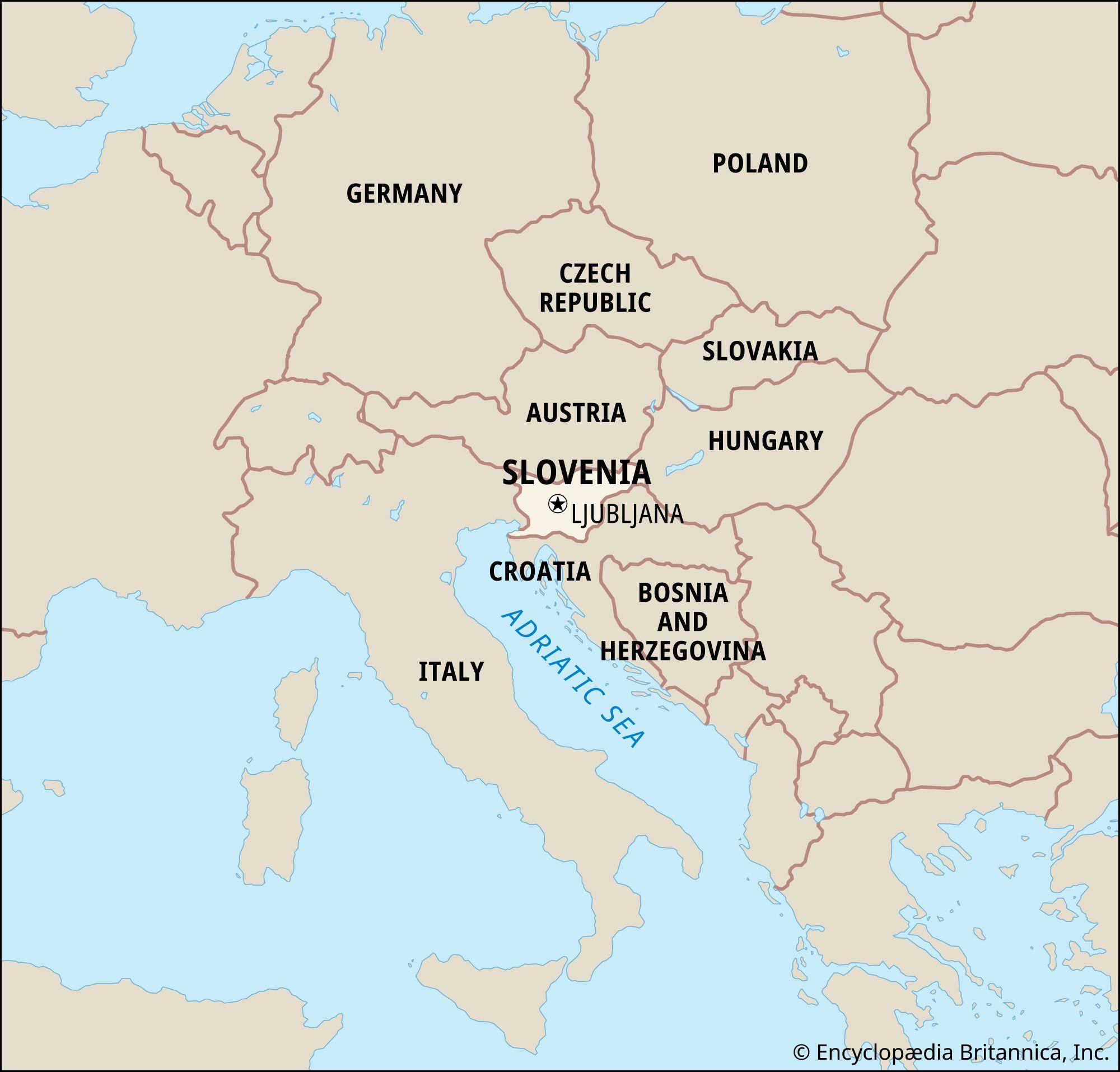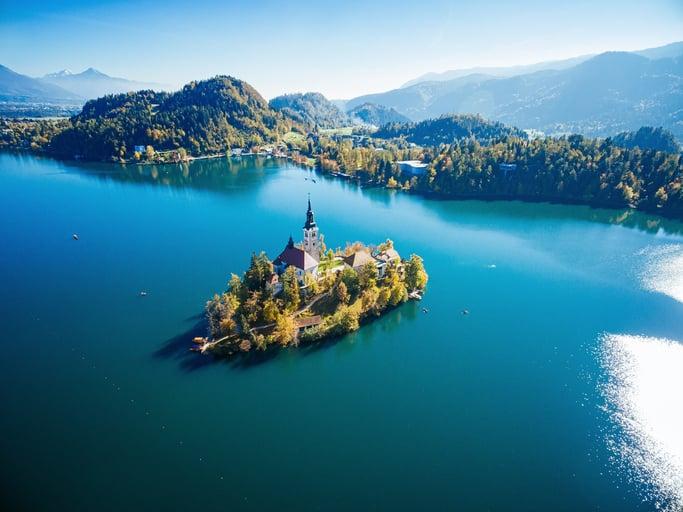slovenia’s Bold Stance: Addressing Security Concerns with Pro-Russian Influence
In a decisive move reflecting its commitment to regional stability and European values, Slovenia has officially prohibited the entry of a prominent Bosnian Serb leader known for his strong pro-Russian rhetoric.This action signals a broader concern among EU member states about the increasing influence of Russia in the Balkans, notably as tensions rise related to geopolitical alliances and security threats. The ban aims to thwart any efforts that might exacerbate ethnic divisions in the region, which has already experienced notable strife in the past.
Slovenian authorities have outlined several key factors that contributed to this bold stance, including:
- Concerns over Undermining Sovereignty: Leaders fear that such figures could further destabilize the delicate balance in Bosnia and Herzegovina.
- Response to hybrid Threats: Slovenia aims to counteract disinformation campaigns and political interference that are perceived to be originating from Russia.
- Solidarity with EU Allies: This decision underscores Slovenia’s commitment to collective security within the EU framework, aligning with shared values against external meddling.

The Implications of the Ban: A Shift in regional Politics and Alliances
The recent decision by Slovenia to ban pro-Russian Bosnian Serb leader Milorad Dodik from entering the country has prompted significant discussions regarding the shifting dynamics of regional politics in the Balkans. This move highlights a growing tension between EU-member states and Russian influence in the region. Slovenia’s action is not merely an isolated incident; it represents a broader trend among European nations reassessing their relationships with leaders who promote pro-Kremlin narratives. The underlying message is clear: the European Union is tightening its stance against perceived authoritarianism and provocative nationalism, which could lead to a reevaluation of existing alliances in the Balkans.
The implications of this ban ripple through the fragile geopolitical landscape as allies and adversaries reevaluate their positions. Key effects include:
- Increased EU Cohesion: Other member states may follow Slovenia’s lead, emphasizing a united front against Russian meddling.
- Domestic Political Ramifications: Local politicians sympathetic to Dodik may face pressure to distance themselves from pro-russian sentiments to avoid backlash.
- Potential Destabilization: The ban may provoke a reaction from Dodik’s supporters,leading to increased nationalism and unrest in Bosnia and Herzegovina.
As the region grapples with these developments, it is essential to monitor how Slovenia’s decision influences diplomatic discussions and collaboration among Balkan countries, especially those navigating their paths toward EU integration amidst mounting pressure from Moscow.

Reactions from Bosnia and herzegovina: Navigating Tensions Among Ethnic groups
The decision by Slovenia to prohibit the entry of the pro-Russian leader of the bosnian Serbs has ignited a firestorm of reactions across Bosnia and Herzegovina, a nation continuously balancing the delicate relationships between its diverse ethnic groups. Bosnian leaders, who have long viewed alignment with the European Union as essential for the country’s stability, generally welcomed the move. Thay see it as a stand against the growing influence of Russian support for separatist tendencies within the serbian population. Politicians from the Bosniak and Croat communities articulated their hope that Slovenia’s stance would encourage other EU members to take similar actions, promoting a united front against Moscow’s efforts to destabilize the region.
Conversely,the response from the Bosnian Serb side has been one of outrage and defiance. Many local officials have characterized the ban as an affront to the sovereignty of the Serb population, claiming it undermines their political depiction and rights. The rhetoric has heightened tensions, with calls for solidarity among Serbs across Bosnia and Herzegovina. Activists and political commentators worry that such incidents could further marginalize the Serb community, leading to a potential backlash that could exacerbate already fragile inter-ethnic relations.Prominent Serb leaders assert their commitment to resisting external pressures while solidifying their demands for greater autonomy within the framework of Bosnia and Herzegovina.
Recommendations for Enhancing Diplomatic Relations in the Balkans Post-Ban
The recent ban on the pro-Russian Bosnian Serb leader by Slovenia underscores the delicate fabric of diplomacy in the Balkans. To foster stronger ties among countries in the region,a multi-faceted approach is necessary. First, open dialog between political leaders is essential to address misunderstandings and reduce tensions. Regularly scheduled summits could provide a platform for leaders to engage in constructive discussions and build trust. Additionally, enhancing people-to-people connections through cultural exchanges and collaborative regional projects can definitely help bridge divides, creating a shared sense of identity and purpose among the diverse ethnic groups in the region.
Moreover, the European union should play a proactive role in fostering cooperation by facilitating joint initiatives that focus on economic growth and security.By promoting cross-border collaborations in areas such as infrastructure and trade,member states can demonstrate the tangible benefits of partnership. Implementing conflict resolution workshops and providing resources for conflict management could empower local communities to resolve disputes amicably. Lastly, a transparent approach to dealing with nationalist sentiments is crucial; public campaigns aimed at combating misinformation and emphasizing the importance of regional stability can contribute to a more peaceful coexistence among Balkan nations.
